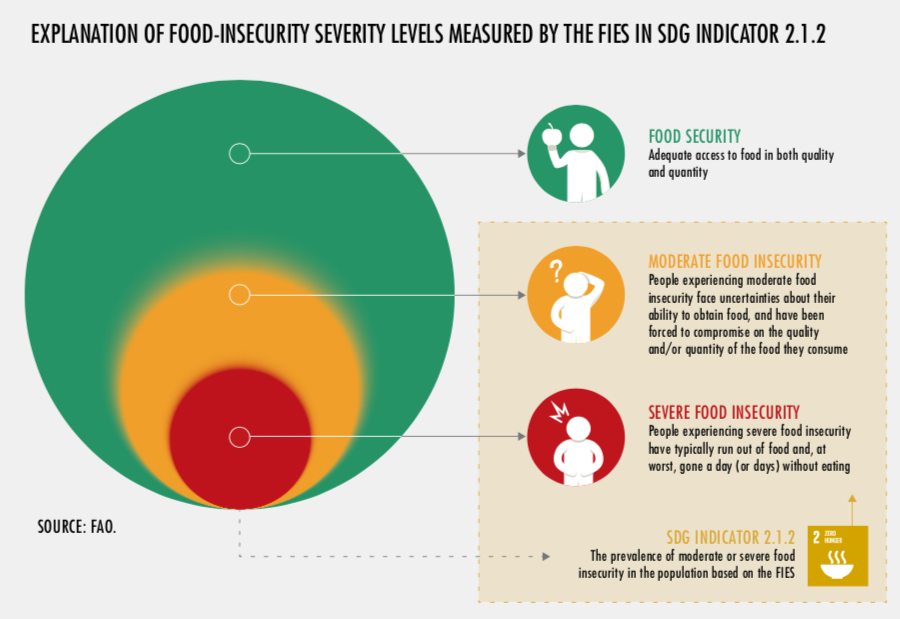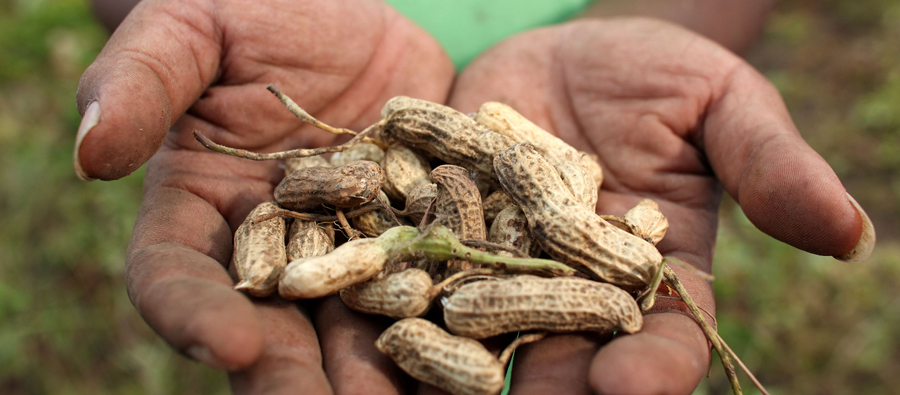Launched this week, the State of Food Security and Nutrition in the World 2019 (SOFI 2019) report presents the latest annual estimates for food security, hunger and malnutrition around the world. Authored by five UN agencies (FAO, IFAD, UNICEF, WFP and WHO), this year’s report delves into the link between hunger and economic growth, and how economic shocks are prolonging the severity of food insecurity.
Four key messages are outlined in the report.
Firstly, global hunger is on the rise. Little progress has been made in the last three years to halt this and estimates show that around 821.6 million people are hungry around the world. Rising levels of hunger are seen in almost all sub-regions of Africa, as well as across Latin America and the Caribbean. With 15 per cent of people undernourished across the region, Asia faces mixed progress on tackling hunger with a decline in South Asian countries but a rise in West Asian ones.
Secondly, the report found that food insecurity continues to be a global problem. Currently, a quarter of the global population does not have regular access to safe, nutritious and sufficient food. This figure has been calculated using the new Food Insecurity Experience Scale (FIES), which provides information about the adequacy of people’s access to food, and the severity of their food insecurity.

The new Food Insecurity Experience Scale (FIES) measures the difference between moderate and severe food insecurity.
Thirdly, the world is currently off track to meet all global nutrition targets. Despite recent headwind in reducing child stunting, progress on all nutrition indicators is too slow to meet the World Health Organisation’s nutrition targets by 2025 or SDG 2.2 nutrition targets by 2030.
Lastly, hunger is increasing in countries that are facing slow or declining economic growth. The five sub-regions that experienced negative growth are home to almost 263 million undernourished people. Economic downturns or slowdowns often lead to a rise in unemployment and a decline in wages limit access to food for vulnerable people.
The report offers two key ways to tackle the impact of economic slowdown on food security. Firstly, the use of economic and social policies to safeguard food security and nutrition and secondly, the implementation of multisectoral policies to tackle existing inequalities at all levels for a pro-poor, inclusive transformation.
The report concludes by arguing that “our actions to tackle these troubling trends will have to be bolder, not only in scale but also in terms of multisectoral collaboration, involving the agriculture, food, health, water and sanitation, education, and other relevant sectors.”



